As is well-known today, traditional incandescent lightbulbs turn about five to ten percent of the energy they consume into light and the rest is lost as heat. This rather low bench mark serves a great way to gauge how eco-friendly your lighting options are. 1. CFL bulbs. If you’re looking for an option that still…
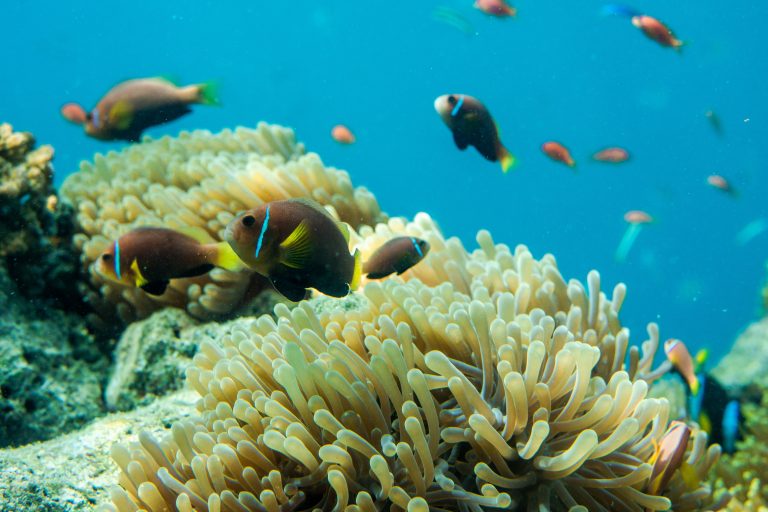
The Demise of Coral Reefs and Why We Need to Save Them
What are coral reefs? Corals are invertebrate animals belonging to a large group of animals called Cnidaria (this group includes jellyfish and sea anemones). Individual coral animals are called polyps which are made of a simple stomach with a single mouth opening surrounded by stinging tentacles. Coral reefs are formed when ‘millions of tiny polyps…
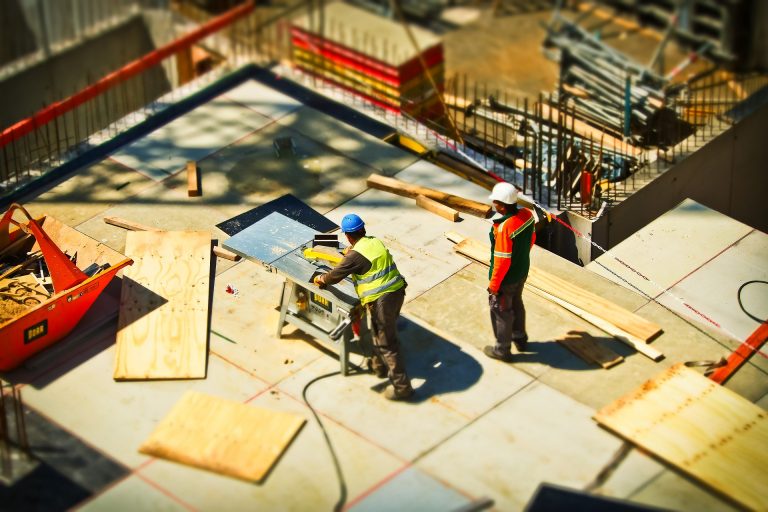
Eco-Friendly Building Materials
The World Counts estimates that over 2.12 billion tons of waste are created every year, of this number a large sum is credited to waste created by construction alone. This is why it is important to reconsider not only the ways we build but also the what we build with. With new technology and a…
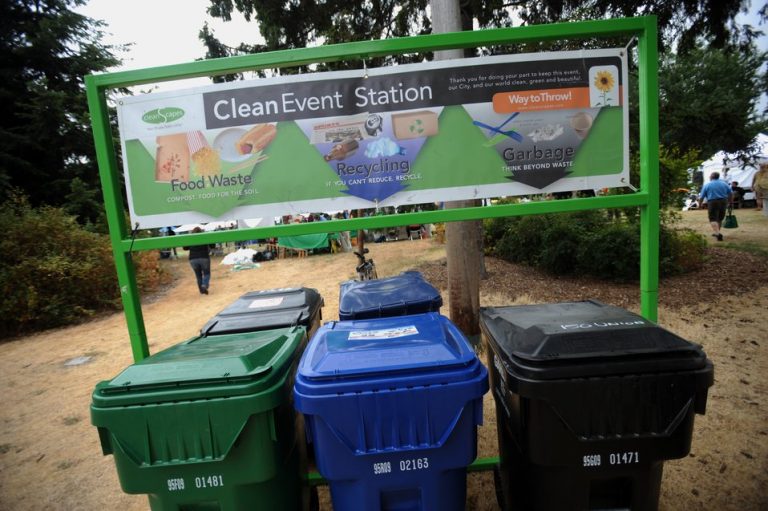
FAQs about Composting
One good action you can do to sustain the planet after taking nutrients from the soil, year after year, is composting, even if you don’t have a garden. Do I need to buy a bin for compost? What and how you compost will depend on your preference. If you want to compost kitchen waste, you…
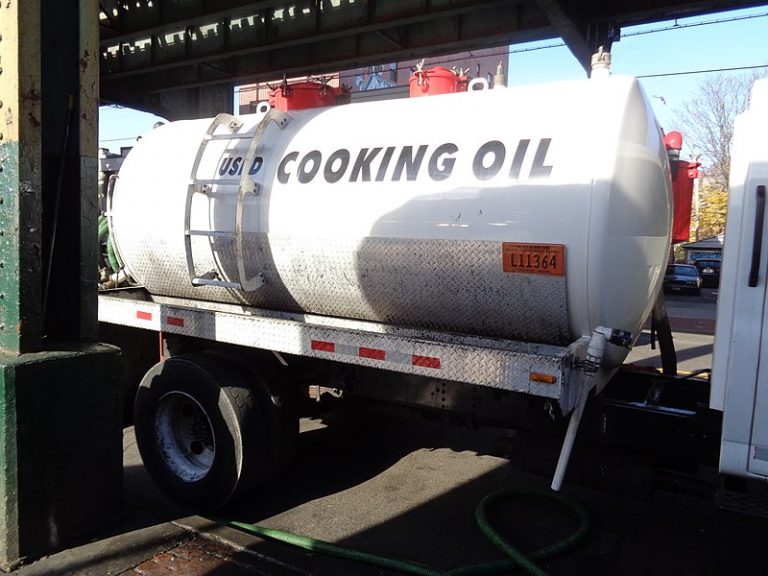
FAQs about Cooking Oil Recycling
Can I get paid to recycle cooking oil? A simple search in the directory for cooking oil buyers will help you get in touch with local companies that will collect and pay you to collect your used cooking oil. However, they may only buy in bulk, so unless you are a restaurant or fast food,…

How to Get USDA Organic Certification
Getting USDA organic certification status is an important business move if you are a farmer, retailer or restaurant owner. Just claiming that your product is organic is not enough because your products should carry the certified USDA Organic seal. How to know if you are eligible for this certification?You will need to contact an organic…

Eco-friendly Construction – Advantages of Green Building
Low Maintenance and Operation ValueGreen buildings incorporate distinctive construction options that guarantee economical use of resources like water and energy. For instance, by implementing task lighting strategy and use of daylight, green buildings immensely cut back the quantity of power needed in lighting systems; this enables users to save a lot on their water and…
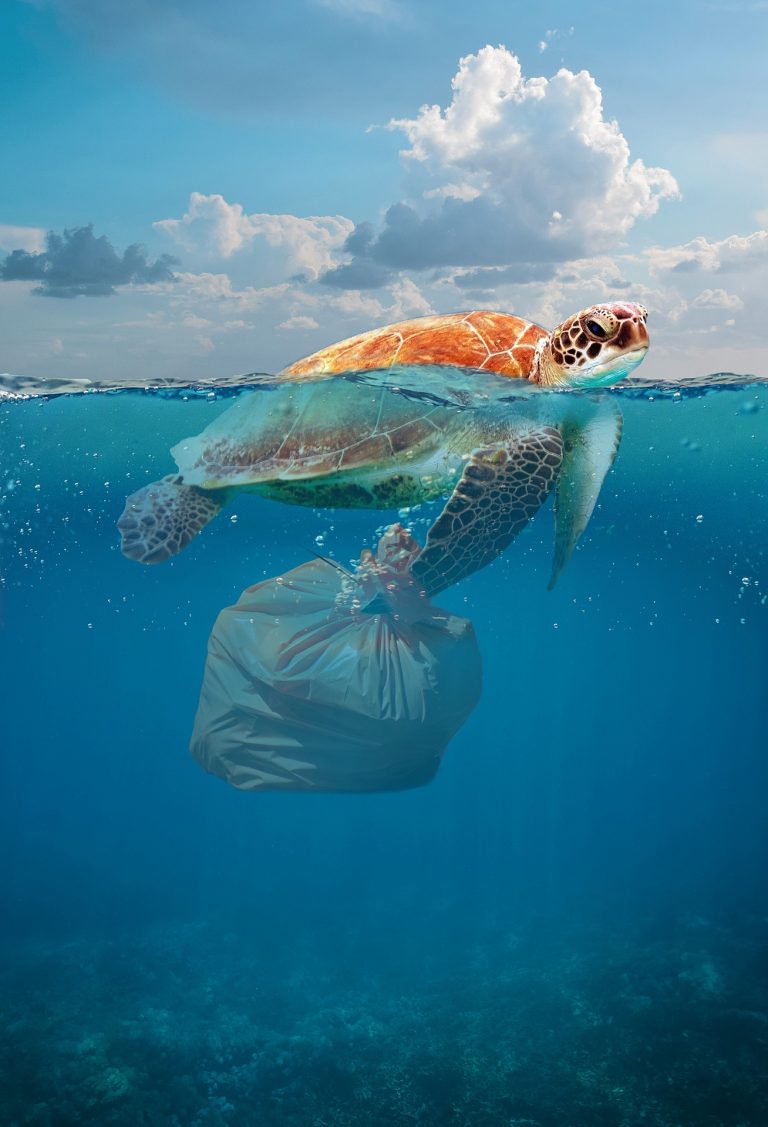
Eliminating Plastic Pollution
According to environmentalists and ecologists, between 4 and 12 million metric tons of plastic enter the ocean each year. From sea turtles and whales to seabirds and fishes, plastic debris impacts on the life of all marine species and their habitats, injuring and killing them. So, what can we do to reduce the amount of…
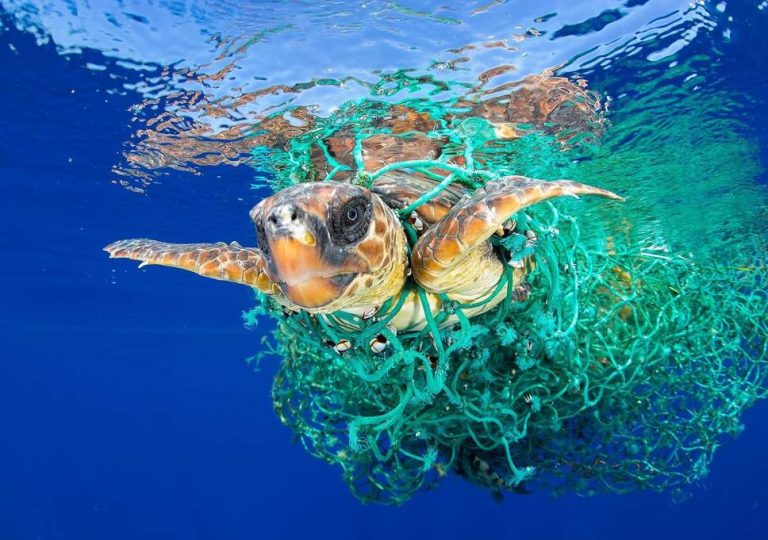
Impacts of Plastic Pollution on Ocean Wildlife
Imagine an island made up of plastic bottles, chemical sludge and other man-made trash floating as one big ugly creature! No, it’s not an apocalyptic scene from an avant garde movie. In the North Pacific Ocean, halfway between Hawaii and California, the accumulation of marine debris has created a vast plastic island that covers approximately…

Human Impact on the Ecosystem and Biodiversity
For far too long, human activity has had a devastating impact on the earth’s ecosystem and biodiversity. While animals adapt to their environment, we humans change the environment to serve our needs and requirements. Preserving the balance of the ecosystem and biodiversity are important for supporting plant and animal communities, and ensuring the long-term survival…


